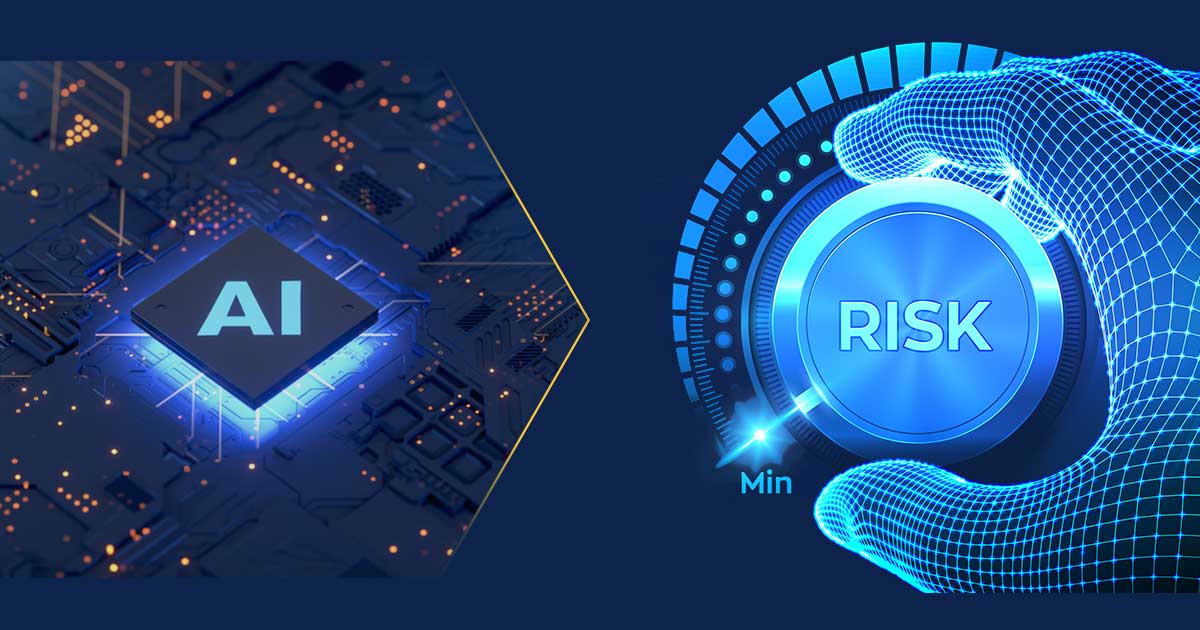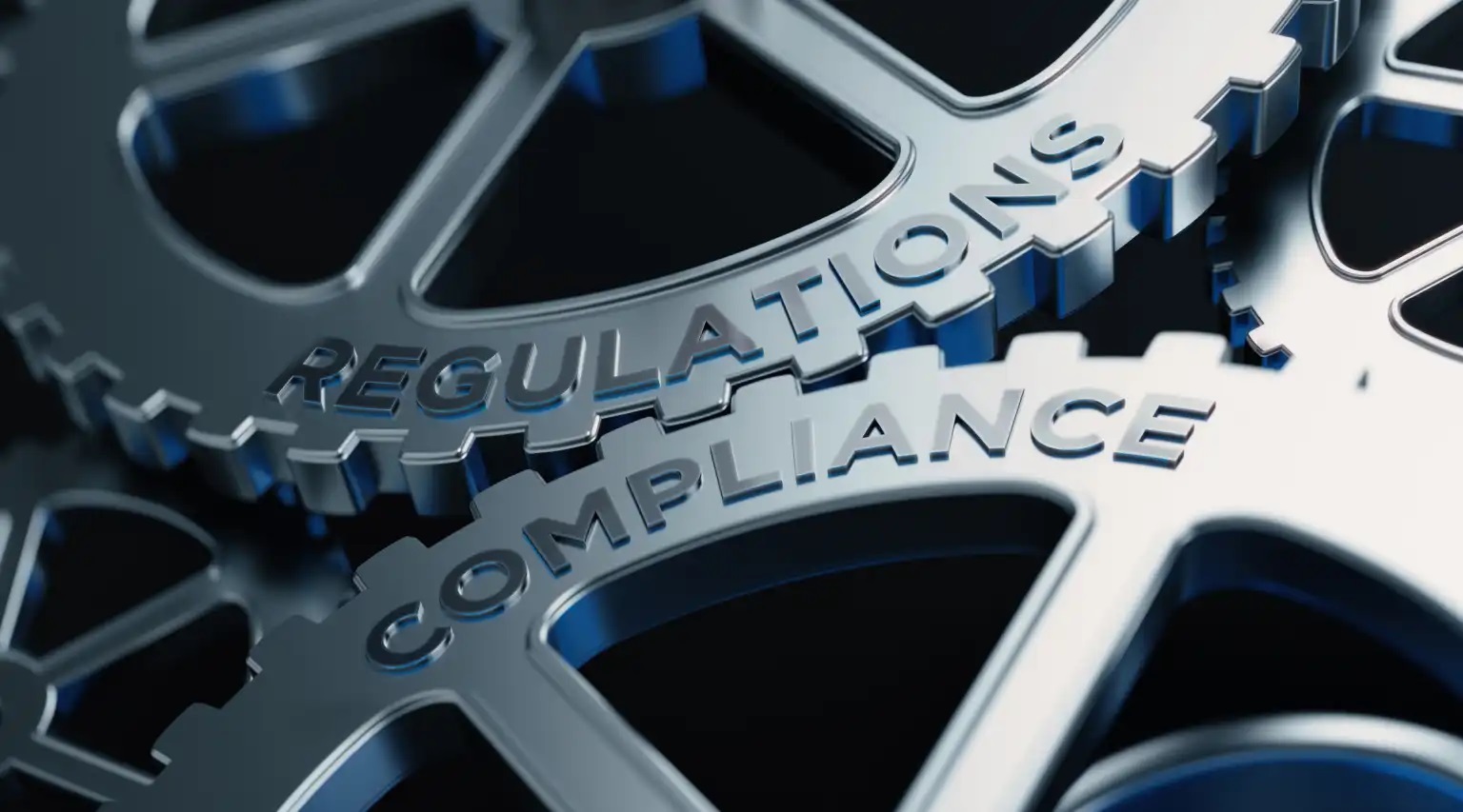In the modern digital era, artificial intelligence (AI) is revolutionizing governance, risk management, and compliance (GRC) frameworks. Naresh Kumar Methuku explores the ethical and operational challenges associated with AI implementation in regulatory compliance systems. His research emphasizes the importance of transparency, bias mitigation, and responsible AI governance to ensure fair and effective decision-making in high-risk industries. As AI continues to shape compliance landscapes, organizations must adopt robust frameworks to balance automation with ethical accountability.
Addressing Bias in AI-Driven Compliance
One of the critical concerns in AI-based compliance systems is bias. Studies indicate that AI models trained on historical datasets often exhibit disparities in decision-making, impacting minority groups at significantly higher rates than the general population. Organizations using AI for regulatory compliance must adopt bias-detection algorithms and continuous model evaluation to mitigate these risks. By integrating fairness-aware machine learning models, companies can improve equity in decision-making while maintaining regulatory adherence.
Enhancing Transparency Through Explainable AI
Transparency remains a pressing challenge for AI-driven compliance systems. Many organizations struggle to interpret the reasoning behind AI-generated decisions, leading to increased scrutiny from regulators. Research suggests that enterprises implementing explainable AI (XAI) frameworks report a 15.4% higher adoption rate among stakeholders. These models provide detailed insights into decision-making criteria, enabling regulatory bodies and auditors to verify AI-driven risk assessments more effectively.
The Role of Human Oversight in AI Systems
Despite AI’s ability to automate compliance monitoring, human oversight remains essential in preventing errors and unintended consequences. Research highlights that hybrid compliance models—where AI augments human decision-making—reduce biased outcomes by nearly 28.7% compared to fully automated systems. Establishing governance policies that balance AI automation with human judgment ensures responsible risk assessment and regulatory compliance.
Strengthening AI Security with Blockchain
Data security is paramount in AI-driven compliance systems, as organizations process vast amounts of sensitive information. Blockchain technology offers a potential solution by enabling immutable, tamper-proof records that enhance transparency and accountability. Companies adopting blockchain for AI governance report a 76.2% reduction in security breaches related to compliance violations. This innovation provides a decentralized audit trail, allowing regulators to verify compliance actions in real time.
Automating Compliance with AI-Driven Risk Detection
AI’s ability to process and analyze vast datasets has significantly improved risk detection in financial services and corporate governance. Research shows that AI-powered compliance platforms achieve an 89.3% accuracy rate in detecting fraudulent transactions, compared to 62.7% for traditional methods. By leveraging machine learning algorithms, organizations can identify compliance risks faster, reduce financial losses, and enhance operational efficiency.
Implementing Ethical AI Frameworks
As AI becomes more prevalent in compliance systems, ethical governance frameworks must be established to guide its implementation. Research indicates that organizations conducting quarterly ethical assessments of AI compliance systems experience a 30% reduction in regulatory violations. Ethical AI policies should address data privacy, accountability, and fairness to ensure compliance with evolving legal standards.
Future Trends in AI-Driven Compliance
The GRC landscape is expected to evolve with advancements in AI-driven automation, predictive analytics, and adaptive risk management frameworks. Future compliance platforms will incorporate real-time regulatory monitoring, cybersecurity threat intelligence, and advanced risk modeling capabilities. The integration of AI with cloud computing and blockchain will further streamline compliance operations, making them more proactive and resilient.
In conclusion, Naresh Kumar Methuku’s research highlights the role of AI in modern risk management and compliance frameworks. By addressing transparency challenges, mitigating bias, and integrating blockchain security, organizations can build ethical and effective AI-driven compliance systems. As AI technologies evolve, companies must adopt responsible governance strategies to ensure regulatory adherence, fairness, and operational integrity in a complex digital environment. Strengthening collaboration between regulatory bodies and AI developers will enhance trust and accountability in compliance ecosystems.
Source: International Business Times, 20 February 2025



